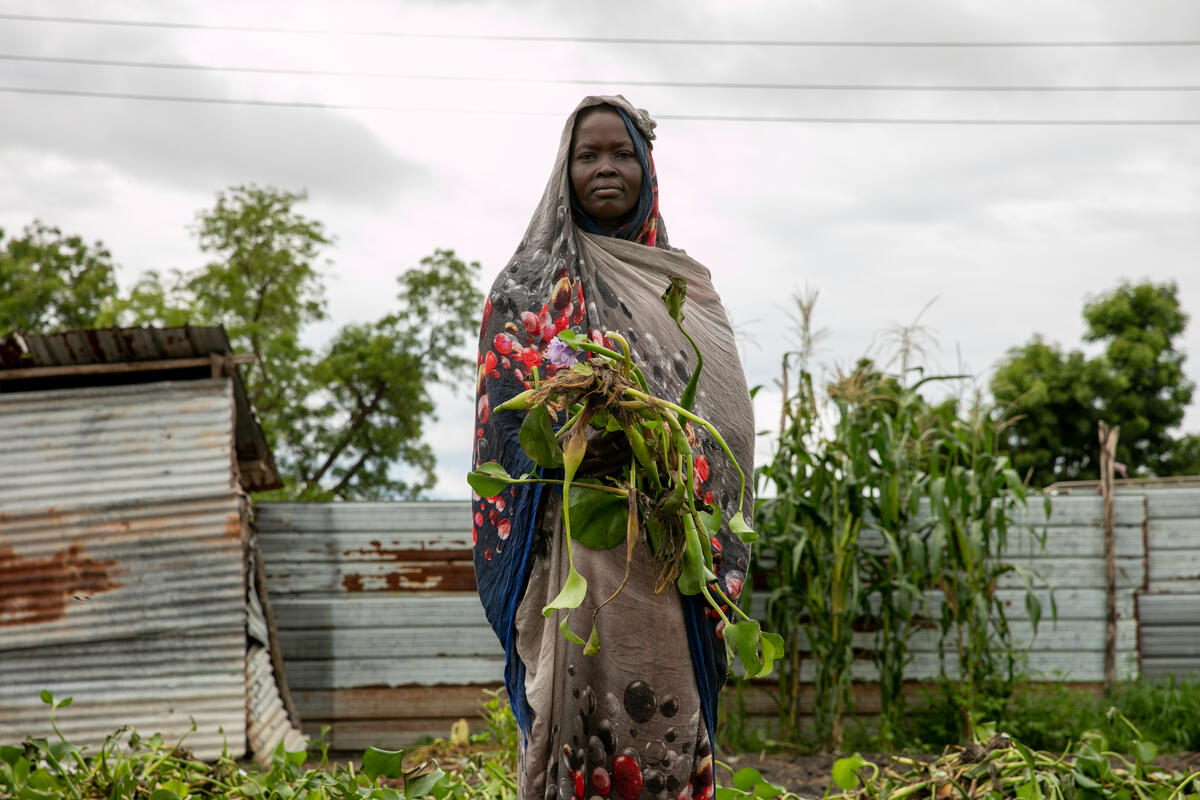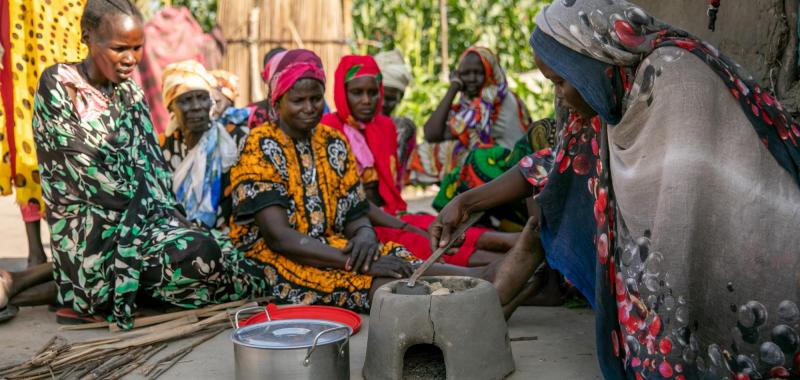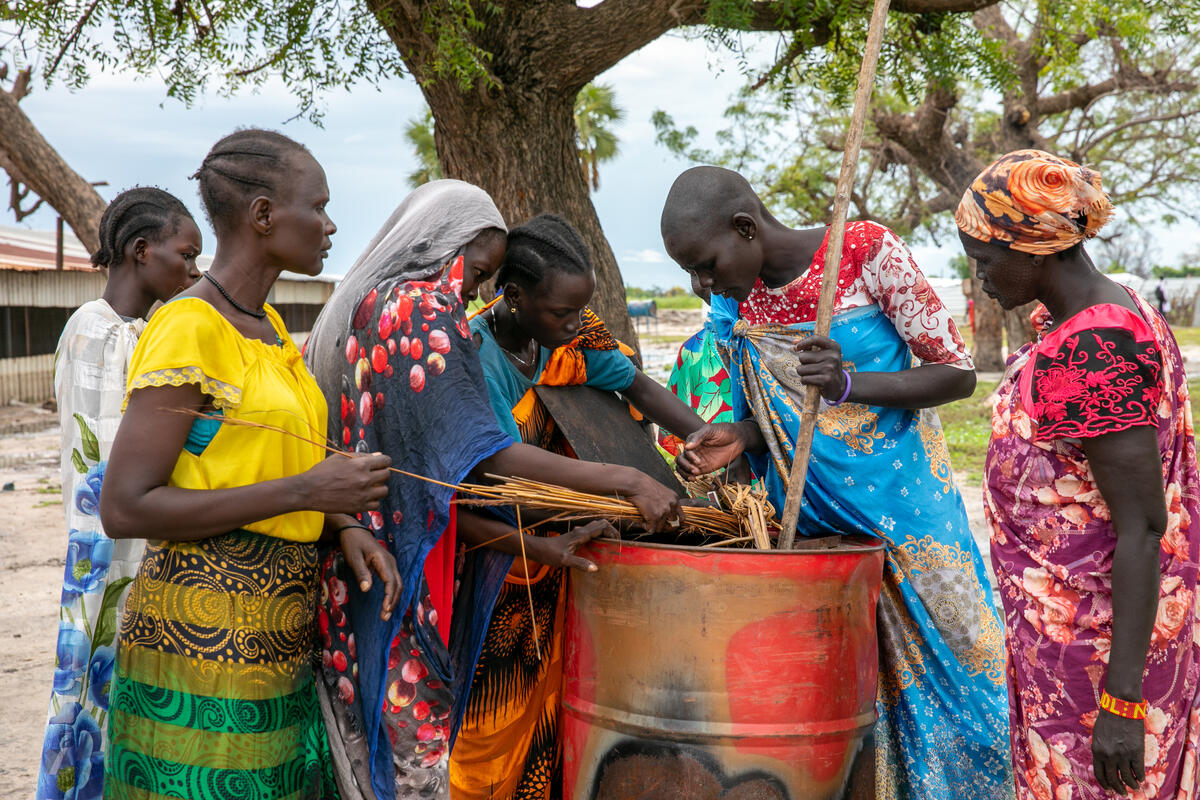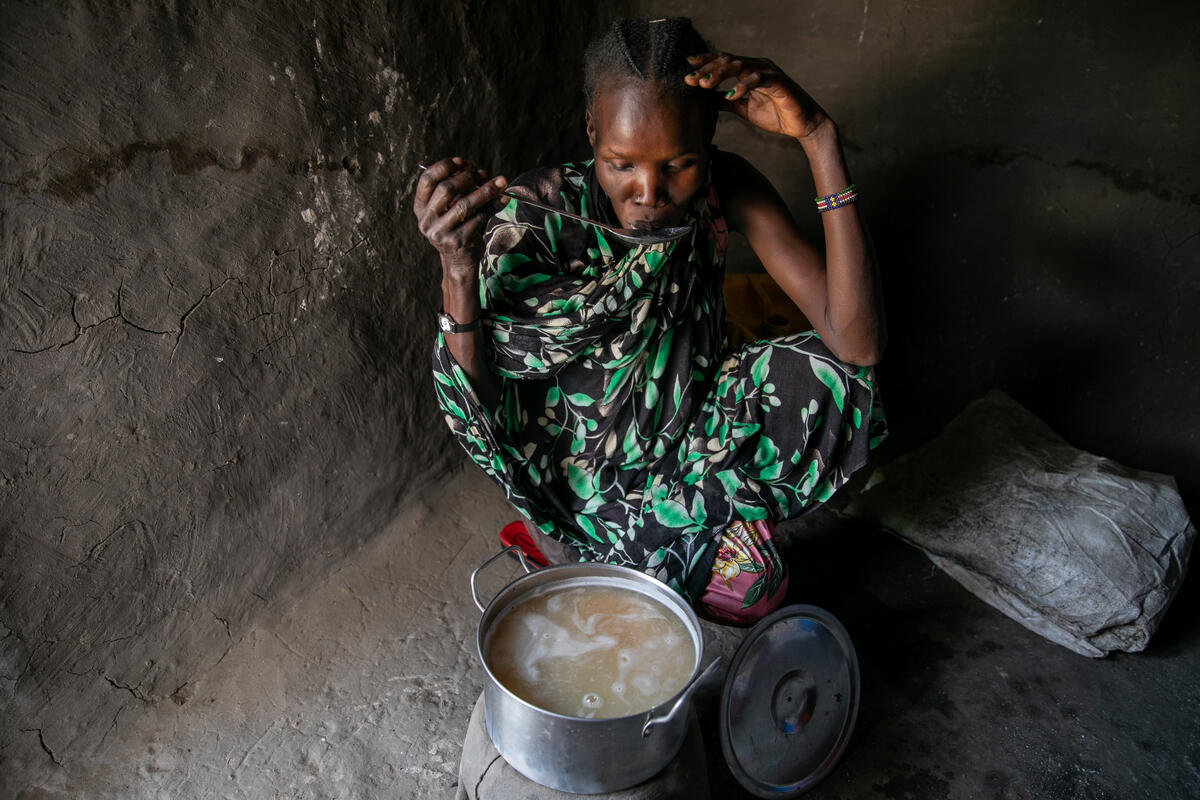Communities in South Sudan face a cooking fuel shortage due to the unavailability of firewood and the high cost of charcoal in markets. This issue disproportionately affects women and girls as they are typically responsible for travelling long distances to collect firewood, exposing them to significant protection risks including gender-based violence.
The water hyacinth, often referred to as the world’s world’s worst water weed, is an aggressively spreading aquatic plant that blankets many of South Sudan’s swamps. Despite its status as an invasive pest with detrimental effects on the environment and society - disrupting waterways and aquatic food systems, and exacerbating flooding - it possesses properties that render it a viable alternative to firewood for producing cooking fuel. This project not only addresses the environmental challenges stemming from the weed’s rampant growth but also tackles the issue of deforestation resulting from firewood collection.






